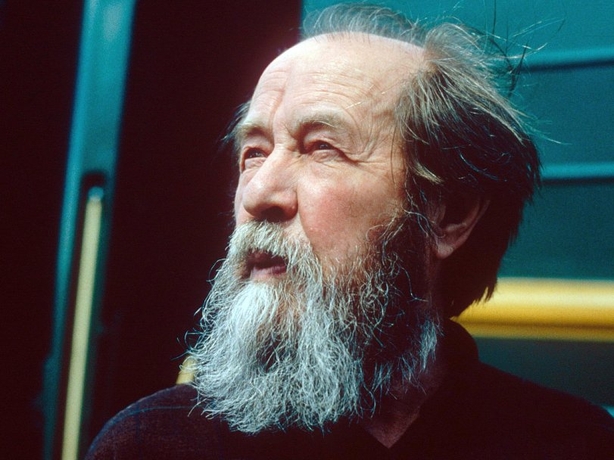Varlam Shalamov (1907-1982) spent 15 years in the Soviet Gulag, six of those years as a slave in the gold mines, and later he worked as a paramedic in the prison camps. As the son of a priest, Shalamov had been denied higher education by the Communist authorities. Yet he sympathised with the Bolshevik revolution, despite the atrocities of 1918.
Following what might be termed an inconclusive liberation, he spent much of the 1970s in appalling conditions in a home for the elderly, a facility said to be as bad as the worst institutions in the Gulag. Brezhnev's KGB ensured that the inept medical staff proved to be staunchly indifferent to his plight.
By January 1982, the writer was extremely deaf, had lost muscular control and he had developed a severe suspicion of strangers. Diagnosed with dementia, he was moved `almost naked in the freezing cold,’ according to translator Donald Rayfield in the introduction to this volume, to what passed for a psychiatric hospital. The author, who had begun to write these stories after the death of Stalin in 1953, eventually succumbed to pneumonia.
However, the privations of the counter-revolutionary and anti-Soviet activist had begun in earnest long before that, after he was sentenced to three years hard labour in the Ural mountains in 1929. There, he met his first wife, Galina Gudz. The marriage ended in divorce and te couple had one daughter, Elena.
Boris Pasternak admired Shalamov as a poet, and four collections were published before these compelling stories saw the light of day. These tales from the harsh Kolyma region, situated in the Russian Far East, are told simply and without the sometimes wearisome debate and intellectual discursiveness that characterises some of the weighty fiction of Aleksandr Solzhenitsyn, particularly the novel Cancer Ward.
Nevertheless, the Nobel Prize winning chronicler of Soviet infamy covered the same ground, and his vivid, uncluttered masterpiece, One Day in the Life of Ivan Denisovich bears some resemblance to the work of Shalamov.

Indeed Solzhenitsyn invited Shalamov to collaborate in the compilation of his great exposé, The Gulag Archipelago. That plan came to nothing after differences of approach. Shalamov, a devout atheist, did not approve of Solzhenitsyn's abiding faith in nineteenth century Christian values. He had also insisted that manual work was redemptive, anathema to Shalamov.
The stories in the three collections gathered in this 700-page volume, amply fill out the bleak picture. . Prisoners lived on a diet of bread and hot water, and many died without ceremony, sometimes unnoticed. They were frequently worn out from a lack of sleep and hunger, after years of wielding pickaxes on 12 hour shifts, night and day, in the gold or coal mines. Disease also intruded and Shalamov was quarantined for a spell with typhus.
Nights for the prisoners were spent in darkness, their drudgery alleviated by card games played on improvised decks of cards by the poor light of improvised kerosene lamps. Then the men turned in to endure as best they could the freezing conditions in the bunk beds - the top bunk was invariably the warmest spot, thus the most coveted resting place.

What might the future might bring, the prisoners wondered when they wished to torment themselves - a summary execution being the more likely prospect than a move to a transit camp and eventual freedom. For the wily among the detained, there was the constant pressure to hatch schemes to gain petty privileges. More mundanely, there was the daily search for firewood for the stoves. Some prisoners were so desperate to spend time in hospital or to get a transfer that they would almost gladly spend a night in a block of ice, form of a solitary confinement which the writer himself experienced.
Technically, these stories are fiction, but they are based on true happenings. They were first published in 1968 in Russin émigré journals in the West, before Shalamov's work appeared in French and German translations. With the arrival of Perestroika under Gorbachev in 1988-89, the writer's work was about to gain a much wider currency.
These are moral tales that have their own spots of wry wisdom and dashes of rueful humour. They are the product of a harsh, pitiless incarceration but Varlam Shalamov claimed not to have learned anything in Kolyma, except how to wheel a loaded wheelbarrow.







